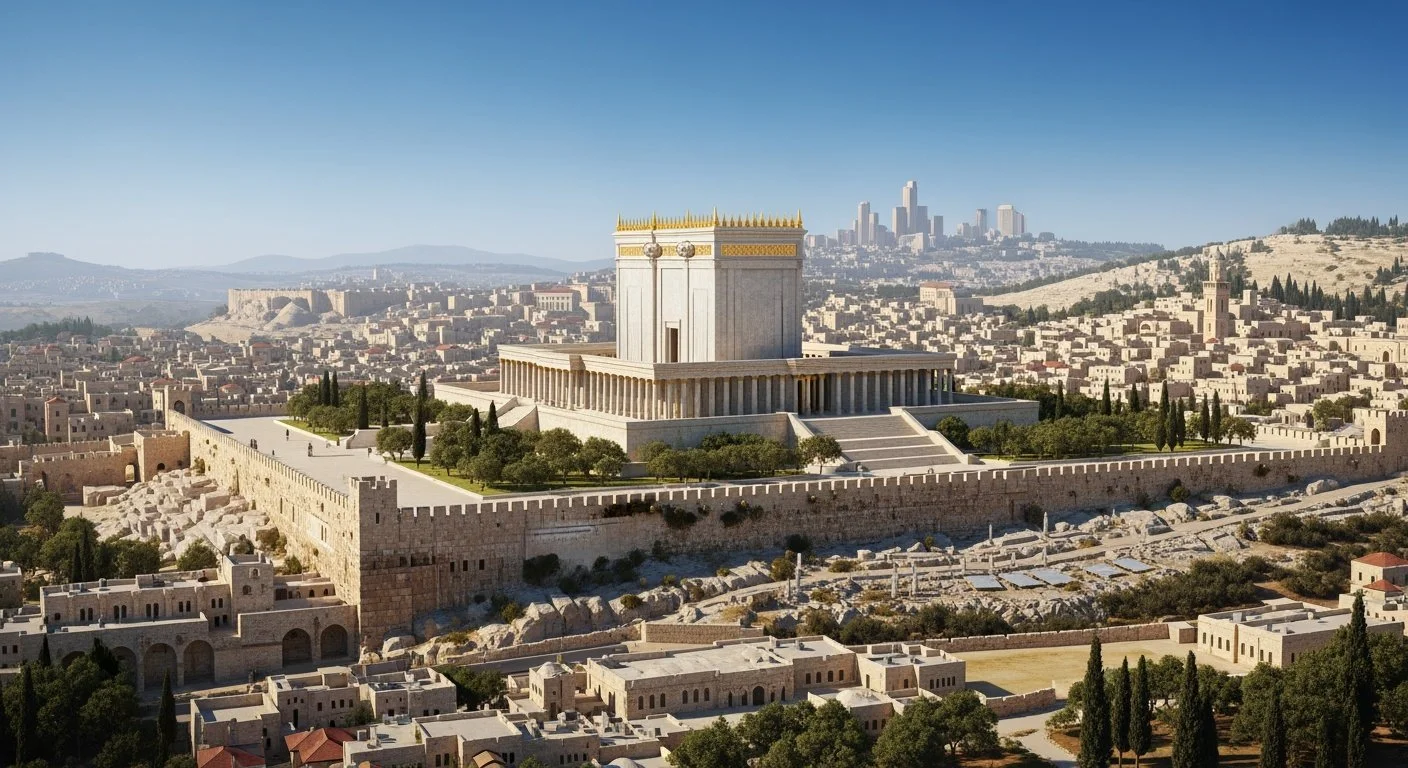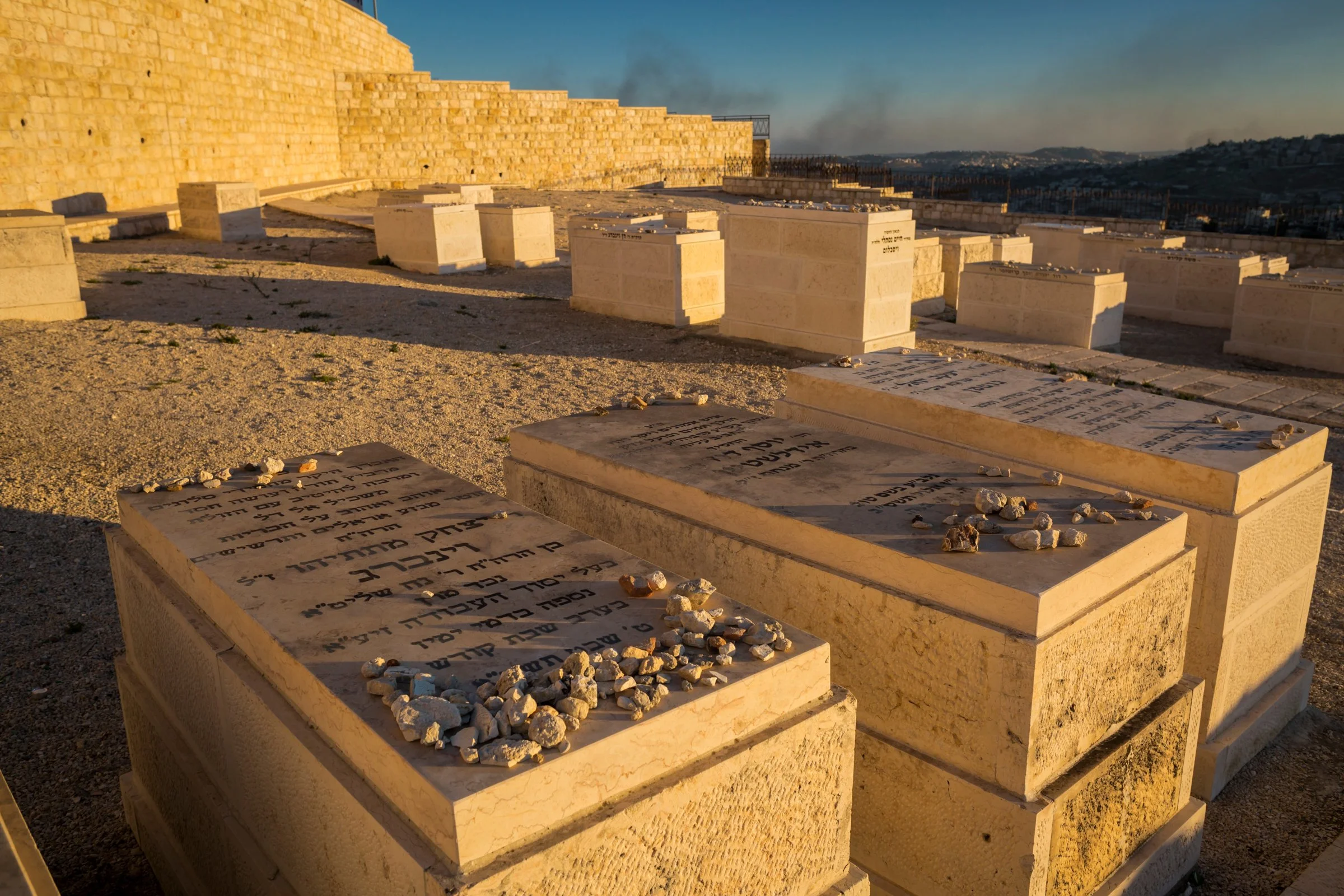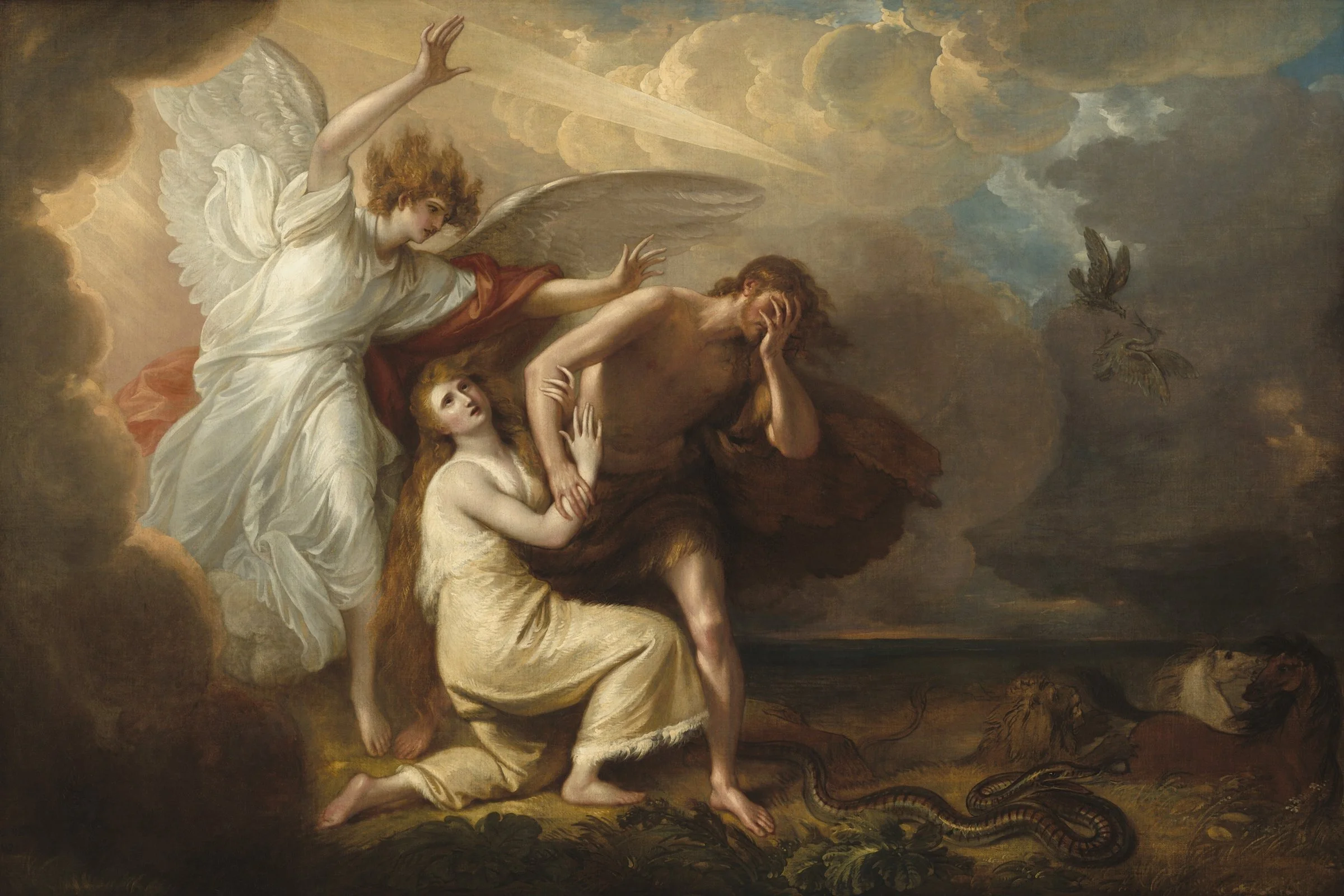The return of Christ to establish His eternal Kingdom initiates an exciting time of restoration for much, but not all, of the earth. After the final battle of Armageddon, some places will never be inhabited again. We read, “It [Babylon] will never be inhabited, Nor will it be settled from generation to generation; Nor will the Arabian pitch tents there, Nor will the shepherds make their sheepfolds there” (Isaiah 13:20).
The Resurrection and Rapture
The Apostle Paul said, “Behold, I tell you a mystery: We shall not all sleep, but we shall all be changed—in a moment, in the twinkling of an eye, at the last trumpet. For the trumpet will sound, and the dead will be raised incorruptible, and we shall be changed. (1 Corinthians 15:51-52); “For the Lord Himself will descend from heaven with a shout, with the voice of an archangel, and with the trumpet of God. And the dead in Christ will rise first. Then we who are alive and remain shall be caught up together with them in the clouds to meet the Lord in the air. And thus we shall always be with the Lord” (1 Thessalonians 4:16-17).
The Doctrine of The Last Days
The term “eschatology” comes from the Greek eschatos, meaning “last,” and logos, meaning “subject matter.”[i] Therefore, eschatology is the doctrinal study of prophetic events in this present age that will be fulfilled in the last days leading up to the return of Christ. It also includes events that will occur in the age to come after Christ’s return, including the Millennium, the final “great white throne of judgment,” the New Jerusalem, and the new heaven and earth. Prophecy in this study deals with predicted future events given to Israel, many of which were fulfilled at Christ’s First Advent, and all remaining predictions that will be fulfilled at His Second Advent. We read in Daniel, “Seventy weeks are determined For your people and for your holy city… To seal up vision and prophecy…” (Daniel 9:24). When the One who was predicted to come, Jesus, has returned to dwell with His people, there is no longer a need for predictions. All predictions will have been fulfilled, and all visions and prophecies will be sealed forever.
Born Again of The Spirit
One of the most critical verses we find in scripture is in Jesus’ conversation with Nicodemus. Jesus told him, “Most assuredly, I say to you, unless one is born again, he cannot see the kingdom of God” (John 3:3). Being born again is undeniably essential for our salvation. But what exactly is our new birth?
The Resurrection of Jesus Christ
The idea of a bodily resurrection is a longstanding belief in Judaism, and there are multiple accounts in the Old and New Testaments. Elijah raised the son of Zarephath and the son of the Shunammite woman. Later, a man rose from the dead when his body touched Elisha’s bones. Jesus raised the son of the widow of Nain, the daughter of Jairus, and Lazarus from the dead. And in the Book of Acts, we read that Paul raised Eutychus from the dead. Even in recent history, we have heard stories of people who died and came back to life.
The Imputation and Penalty of Sin
To understand the imputation of sin, we must first recognize what is meant by “original sin,” the first sin of Adam, and the subsequent sinful nature inherited by every person because of his transgression. Our sinful nature is called depravity and consists of four things that are true of every man and woman ever born:
We are void of original righteousness.
We do not possess any holy affection toward God.
The depraved nature is within our hearts.
We have a continuous bias towards rebellion and evil.
The Fall of Man
Theologians often discuss the condition of man in the Garden of Eden before the fall. God is all-knowing, so why did He place the tree of knowledge of good and evil in the garden if He foreknew that man would eat of it? It would seem that God had a purpose for this primitive condition.
The Holy Spirit
After the resurrection of Jesus, He appeared to the disciples, saying, “Peace to you! As the Father has sent Me, I also send you. And when He had said this, He breathed on them, and said to them, ‘Receive the Holy Spirit’” (John 20:21-22). Fifty days later, on Pentecost (Shavuot), Jesus told His disciples: “You shall receive power when the Holy Spirit has come upon you; and you shall be witnesses to Me in Jerusalem, and in all Judea and Samaria, and to the end of the earth” (Acts 1:8). Notice the Holy Spirit came in two forms: first in peace—the fruit of the Spirit. And then in power—the baptism of the Holy Spirit.
Entering The Kingdom
The arrival of the Messiah and His death and resurrection is unquestionably the most significant event in human history. Jesus-Yeshua, the Son of God, was born of a woman conceived by the Holy Spirit. He lived a perfect and sinless life, and in God’s time, He gave His life to atone for the sins of humanity.
Healing of The Nations
We read about the New Jerusalem: “And he showed me a pure river of water of life, clear as crystal, proceeding from the throne of God and of the Lamb. In the middle of its street, and on either side of the river, was the tree of life, which bore twelve fruits, each tree yielding its fruit every month. The leaves of the tree were for the healing of the nations” (Revelation 22:1-2).
The Rapture in The Old Testament
The Apostle Paul told the church, “Behold, I tell you a mystery: We shall not all sleep, but we shall all be changed—in a moment, in the twinkling of an eye, at the last trumpet. For the trumpet will sound, and the dead will be raised incorruptible, and we shall be changed” (1 Corinthians 15:51-52).
The Great Exodus
One of the most profound stories in human history is how God miraculously delivered the children of Israel from their bondage in Egypt. At that moment, they became His people, heritage, and His Holy nation. Never had this happened to any group of people, and still, the Lord made a promise that one day He would do something even more spectacular and demonstratively powerful.













